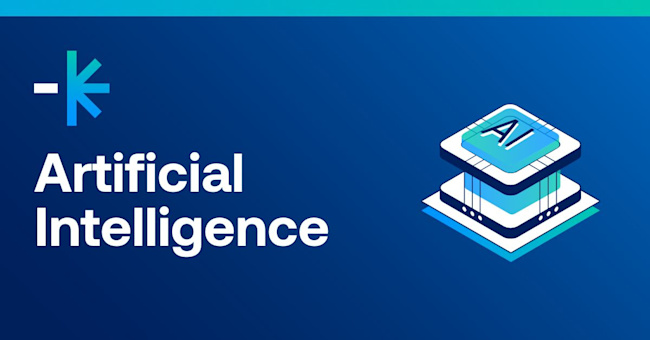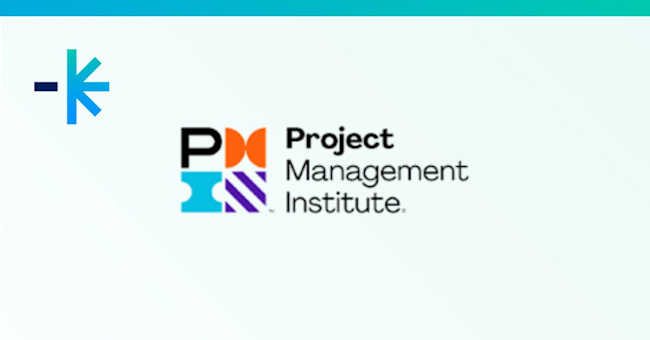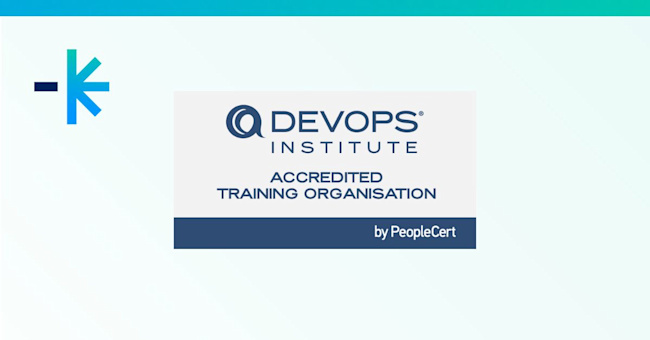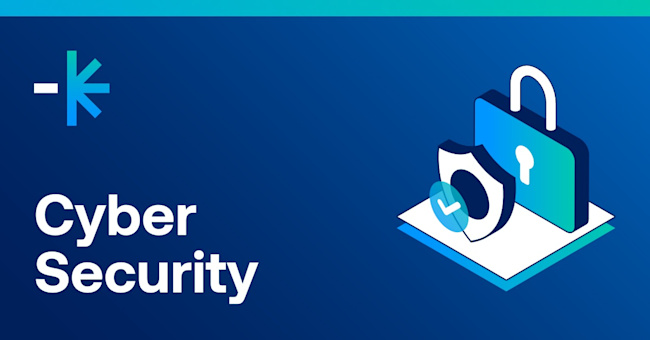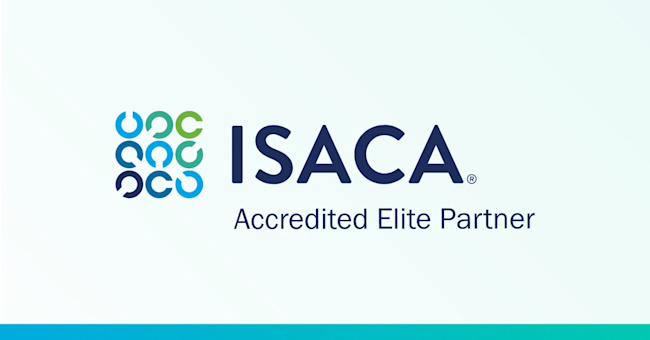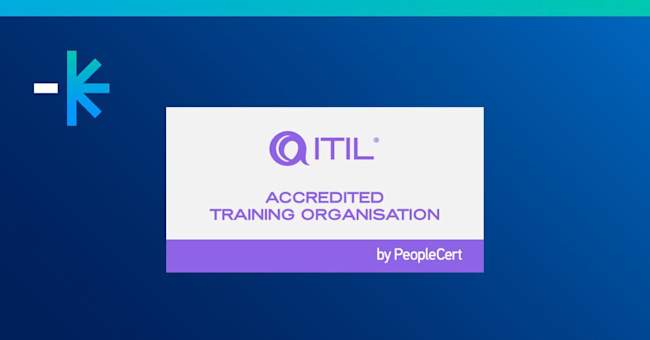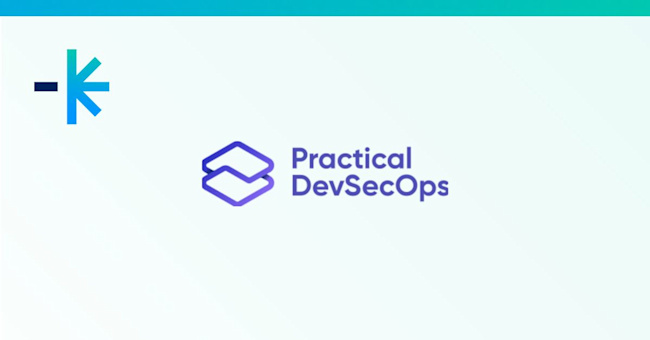The need for AI skilling - Lumify warns AI readiness must catch up to enterprise adoption
Originally published on TechDay, Michael Blignaut, an IT and process instructor at Lumify Work New Zealand, warns against a simplistic approach to AI adoption.
CAPM or PMP Certification: Which is For You?
Not sure about a CAPM or PMP certification? Discover project management certifications through Lumify Work, Australasia's leading provider of IT training.
SRE vs DevOps Certifications: The Key Differences
Explore the key differences between SRE and DevOps. Learn which approach suits your IT team and how Lumify Work can help you build expertise in both.
CompTIA or CCNA - Which to Choose?
Choose the right course to fast-track your career. Read our comparative blog to learn the key differences between CCNA and CompTIA certifications.
CISA vs CISM vs CRISC - Which Certification For Your Team?
Compare CISA, CISM & CRISC certifications from ISACA to find the right fit for your cyber security needs.
CISM vs CISSP - Which Certification is Right for Your Team?
Compare CISSP vs CISM certifications to determine which is the best fit for your cyber security team, and get your team qualified with Lumify Work today.
AI is everywhere but who's accountable? ITIL Training and Managed AI Services
Originally published on itNewsh, this thought-provoking article and minidoc explores the ethical and legal challenges of AI accountability. Find out how ITIL training helps you ensure this. Get insights on AI in IT Service Management.
Bridging the AI Skills Gap in Cyber Security: Why CAISP Certification Matters
Lumify Work Cyber Security Lead Jeremy Daly talks to Principal Security Consultant and Lead Author of the CAISP certification at Practical DevSecOps, Marudhamaran Gunasekaran. Learn how to address the AI skills gap in cyber security.
Security Readiness Starts with Governance and People
This article is included in the 2025 edition of Cyber Australia. Lumify Work Cyber Security Lead, Jeremy Daly, talks about how cyber security resilience requires more than just technology. It demands strong leadership, governance, and a culture of accountability. Jeremy cites recent directives from APRA and findings from the NSW Auditor-General.
Why ITIL® 4 Foundation Matters for Career Progression and AI Governance
Find out about the benefits of gaining an ITIL 4 Foundation certification. Discover how ITIL certification plays a valuable role in supporting AI governance.
Microsoft Copilot Security – Tips, Tricks and recommended learning
Lumify Work Technical Instructor and MCT Marius Wright shares his Roadmap for Microsoft Copilot Security. Get insights on assessment and planning, Microsoft security training and setting clear usage policies.
Master the AWS Certified AI Practitioner (AIF-C01) Exam: Insider Tips from an Industry Expert
James Finley, Senior Systems Trainer at Lumify Work, shares his insights after taking the AWS Certified AI Practitioner (AIF-C01) exam.
Cyber Security Christmas Tips: Staying Safe During the Holidays
Preparing for the holiday rush? Lumify Work's Jeremy Daly shares Cyber Security Christmas suggestions from updating your devices to reflecting on your cyber security training needs in 2026.
